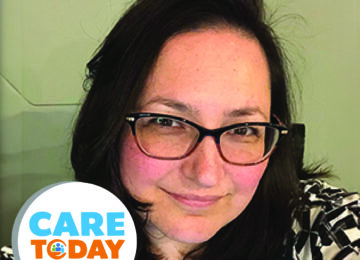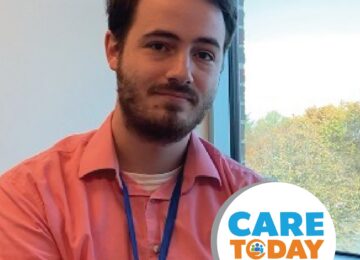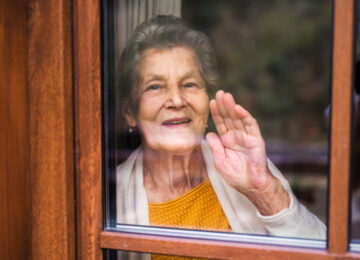Race and Mental Health

Engaging in Cultural Humility
The National Alliance on Mental Illness (NAMI) reports racial and ethnic minorities have less access to mental health services as compared to white populations. Individuals who identify as Black, Indigenous, and People of Color are also less likely to receive quality mental health care if they do get mental health support.
These trends, according to Kiran Dixit, JSSA’s Director of Learning and Inclusion, are why mental health professionals should seek cultural competency training opportunities. Stigma around seeking mental health support is starting to go down, and practitioners need to be prepared to support clients of all backgrounds that come through their doors.
“Learning about data regarding racial and ethnic disparities in mental health care and understanding some reasons for those disparities, helps us better serve our neighbors and support positive mental health,” Kiran said, following a recent session sponsored by JSSA’s Training Institute.
Cultural Humility in Mental Health Care
To address the challenges and disparities in access to and quality of mental health support for minority groups, Kiran recommends practitioners should avoid generalizing the experiences of minority groups, as it may erase the true experiences of individuals and further stereotypes. Practitioners also need to practice cultural humility, engage with authenticity and recognize the role of racial trauma in their clients’ lives, and understand how environmental stressors may impact their BIPOC clients.
“Providers must take a posture of cultural humility—a genuine curiosity about the experiences, resources, and practices that can inform and complement treatment. We must educate ourselves—as individuals, as a field, and as a society—to improve the options for BIPOC mental health needs,” Kiran said.
Disparities in Mental Health Care
Even before the events of 2020 and 2021, BIPOC identifying Americans with mental health needs received lower quality of care while many were unable to access any mental health services.
Data from the National Alliance on Mental Illness (NAMI) highlights common disparities in access to and quality of mental health treatment for minority populations. According to NAMI, 15% of African Americans, 13% of Latinos, and 11% of Asian Americans believe they would receive better mental health treatment if they were white.
Similarly, the National center for Children in Poverty reports that only 13% of children from diverse racial and ethnic backgrounds with mental health problems receive services, as compared to 31% of white children.
And we can’t bury our heads in the sand about these disparities, Kiran said. According to U.S. Census Bureau projections, more than half of all Americans will belong to an ethnic group other than non-Hispanic White by 2044.
“It’s important for us as mental health professionals to not let societal stigmas or historic misconceptions about mental health treatment keep individuals from getting the care they need,” Kiran said. “We need to explore ways we can help BIPOC communities fight stigma and break down barriers so care can be accessed”.
The training offered by JSSA’s Training Institute titled – Intersection of Race and Mental Health, began with a presentation to contextualize the issue and present best practices. This was followed by a panel discussion with BIPOC transition age youth who shared their experiences of mental health needs and accessing care. These youth are part of JSSA’s Healthy Minds Fairfax – Youth Advisory Council
For more information about upcoming trainings available with the JSSA Training Institute, please visit: https://www.jssa.org/training/professional-development/



